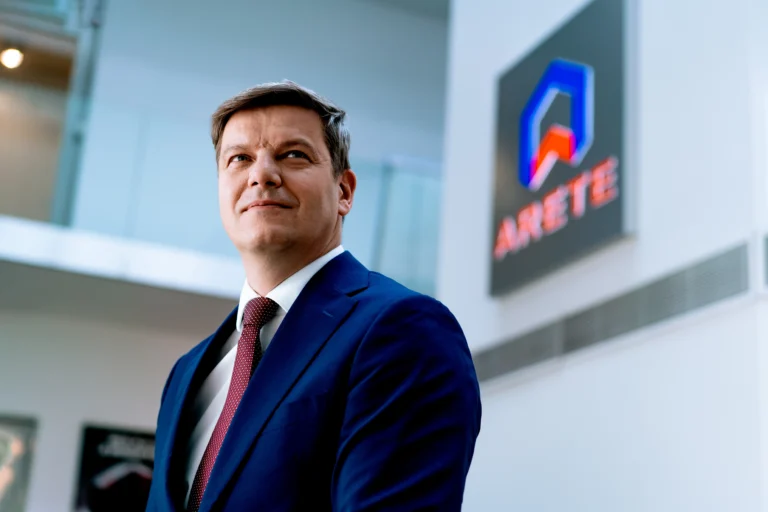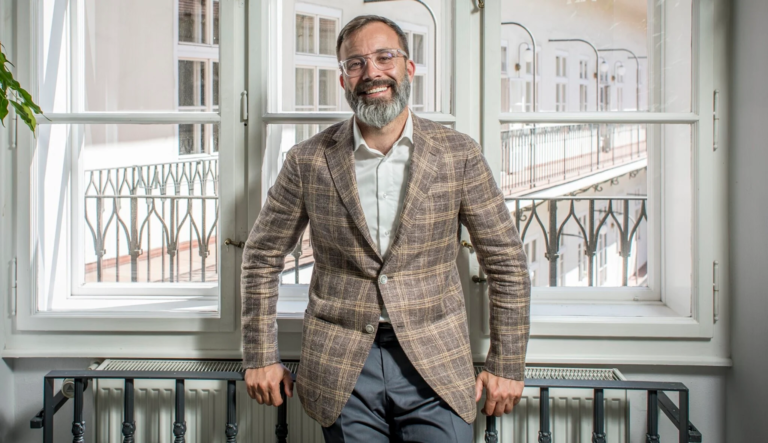energy infrastructure
Overview
Our Real Estate investment strategy offers strategic geographic diversification combined with a balanced tenant structure for our industrial properties. Through extensive experience and carefully selected transactions, we create attractive investment opportunities and mitigate risks. We provide stable returns based on secured future cash flows.
ARETE maintains a time-tested approach and focuses on value-add facilities in strategic Central and Western European countries near major transportation hubs and key distribution centres. New developments, managed internally by the Arete Group, offer value-creation opportunities through increased returns compared to acquisitions of fully completed assets.

LONG-TERM
INFLATION-LINKED
Contracts

FIXED-INCOME
INVESTMENTS WITH
Regulated Price

ASSET-BACKED
PROPRIETARY
Trading
Why ARETE and Investments in the Energy Sector?
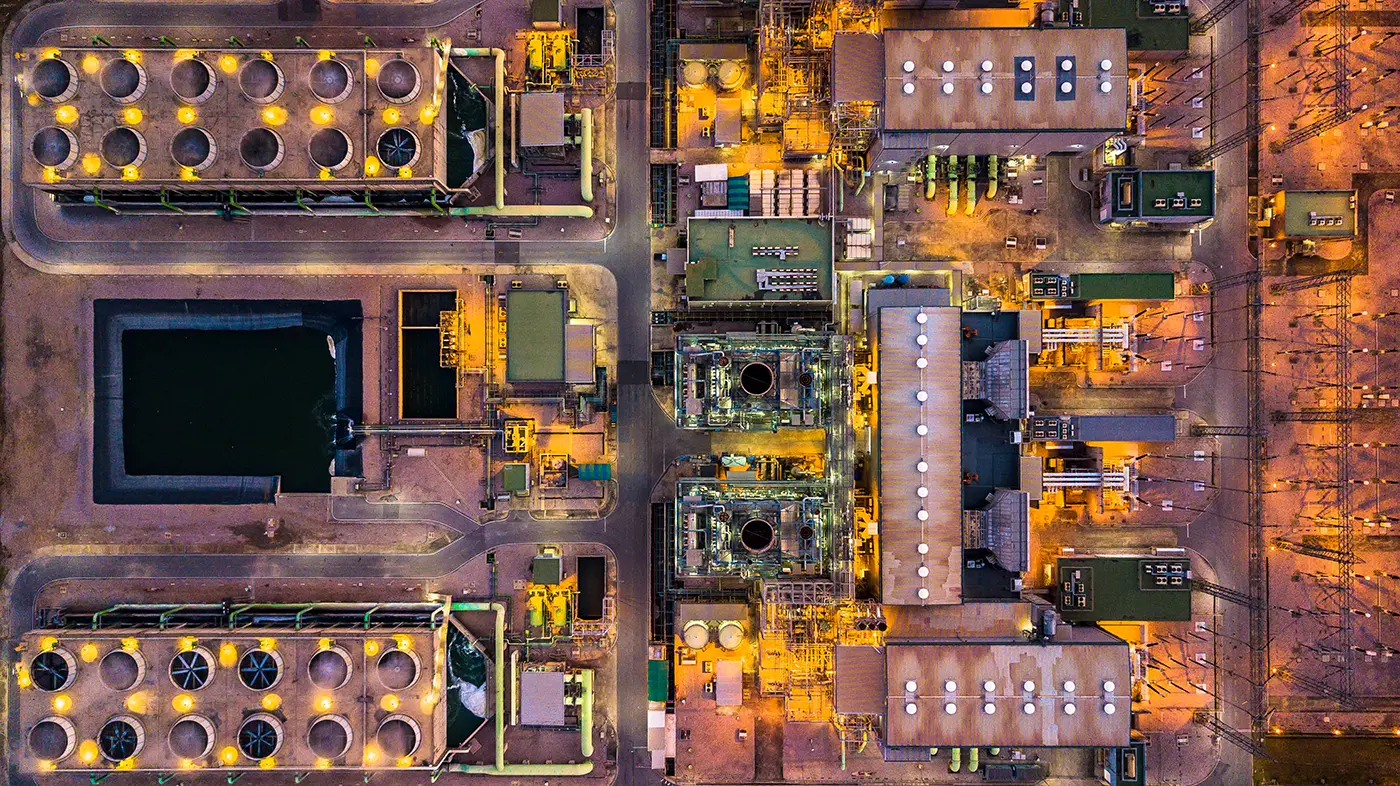

1
Quality Market Modelling
In-house quality market modelling focusing on flexible generation resources and battery storage.
2
Conservative Evaluation
In assessing the return on investment, we take a conservative approach that considers current market opportunities and their potential future value development.
3
Portfolio Effect
We evaluate investments not only individually but also based on their impact on the profitability and associated risk of the overall portfolio.
4
Dynamic Decision-Making
We analyse and capitalize on the current market opportunities to ensure investors receive expected returns, even in a highly volatile energy market.
5
Sharing Experience
In collaboration with other asset managers in the ARETE Group, we share investment opportunities in the energy sector.
Infrastructure exhibits low correlation to other asset classes, defined by durability, essential nature, high barriers to entry, and providing investment portfolios with stable and resilient cash flows.
Source: Bloomberg, Cambridge Associates, UBS September 2024.
Investment Approach
Balanced Energy Portfolio
We are building the portfolio to ensure continuous energy production throughout the year by utilizing a well-balanced mix of flexible generation, renewables, and heating solutions. Our strategy aims to stabilise revenues and return on investment, irrespective of the pace and evolution of the European energy transition.
Energy Storage Solutions
Our strategy includes energy storage through advanced battery systems and potential hydrogen technology. However, further cost reductions and technological advancements are necessary prerequisites for investment.
Small and Medium-Sized Heating Plants and Cogeneration
The foundation of a flexible energy sector will consist of small to medium thermal power plants with cogeneration of electricity and heat, including the capacity to transition to heat pumps. Our goal is to develop a portfolio of such projects with a capacity ranging from 50 to 100 MW.
Renewable Energy with Stable Cash Flows
We strategically invest in solar and wind projects to achieve stable returns, including support schemes and long-term power purchase agreements (PPAs).
Strategy Supported by Secular Tailwinds
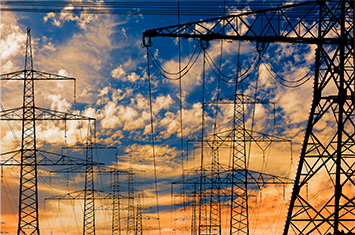
Rising energy demand
Electricity demand in the EU is projected to increase from 3,000 TWh in 2022 to 3,700 TWh in 2030, emphasizing the need for scalable energy solutions.
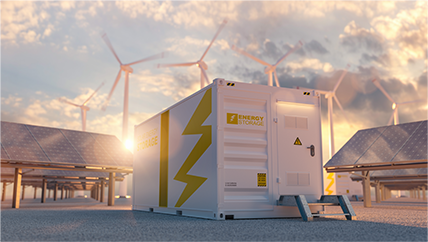
Renewable energy shift
By 2035, over 60% of electricity will come from renewable sources, rising to more than 95% in the EU by 2050 increasing the demand for energy storage.

Flexible sources realignment
30-50 GW of flexible technologies will be needed in Europe in 2030 and beyond to compensate for the growing share of renewables in the grid.

Heat generation
Ensuring reliable heat production during winter is crucial for most European countries. Our approach involves investing in flexible generation sources capable of providing both heat and electricity when renewable generation is less reliable.

Massive investment
The total EU's capital expenditure on the energy transition could reach €1.7 trillion by 2030, of which around 45% will be allocated to onshore wind and solar photovoltaics capacity.

Decarbonisation
The European Union is a global leader in implementing strategies and measures to fully decarbonise the economy for 2050.


We leverage our expertise in the energy market and understand how the energy transition affects future generation sources, transmission and storage. Therefore, we are investing in assets that will be crucial for achieving our decarbonisation goals. Our decision-making process is grounded in economic and technical realities, supported by comprehensive in-house project analysis, rather than simply following trends.


Profile and Investment Horizon
Our investment priority is to provide distributions and capital appreciation. We build our portfolios with the goal of adding value, either by consolidating or transforming projects and subsequently selling them to strategic or larger financial investors.
Related Content
News, articles, and information for investors.

